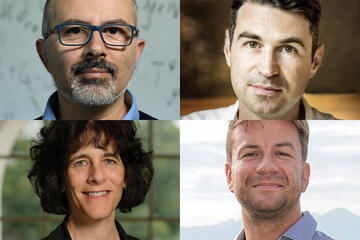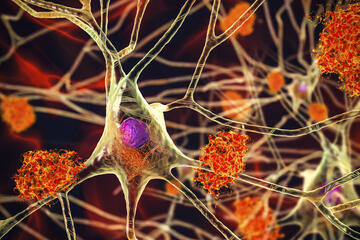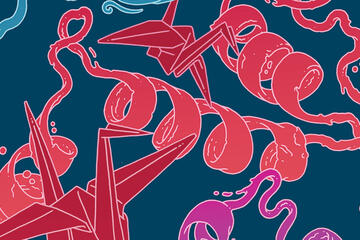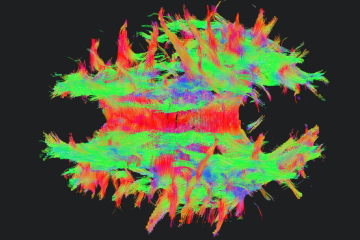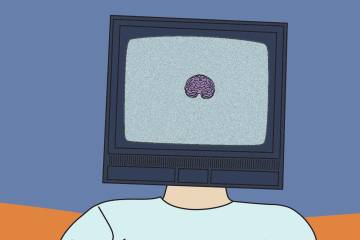Artificial intelligence
Small changes make some AI systems more brain-like
Published Dec 1, 2025Artificial intelligence systems that are designed with a biologically inspired architecture can simulate human brain activity before ever being trained on any data, according to Hopkins research





